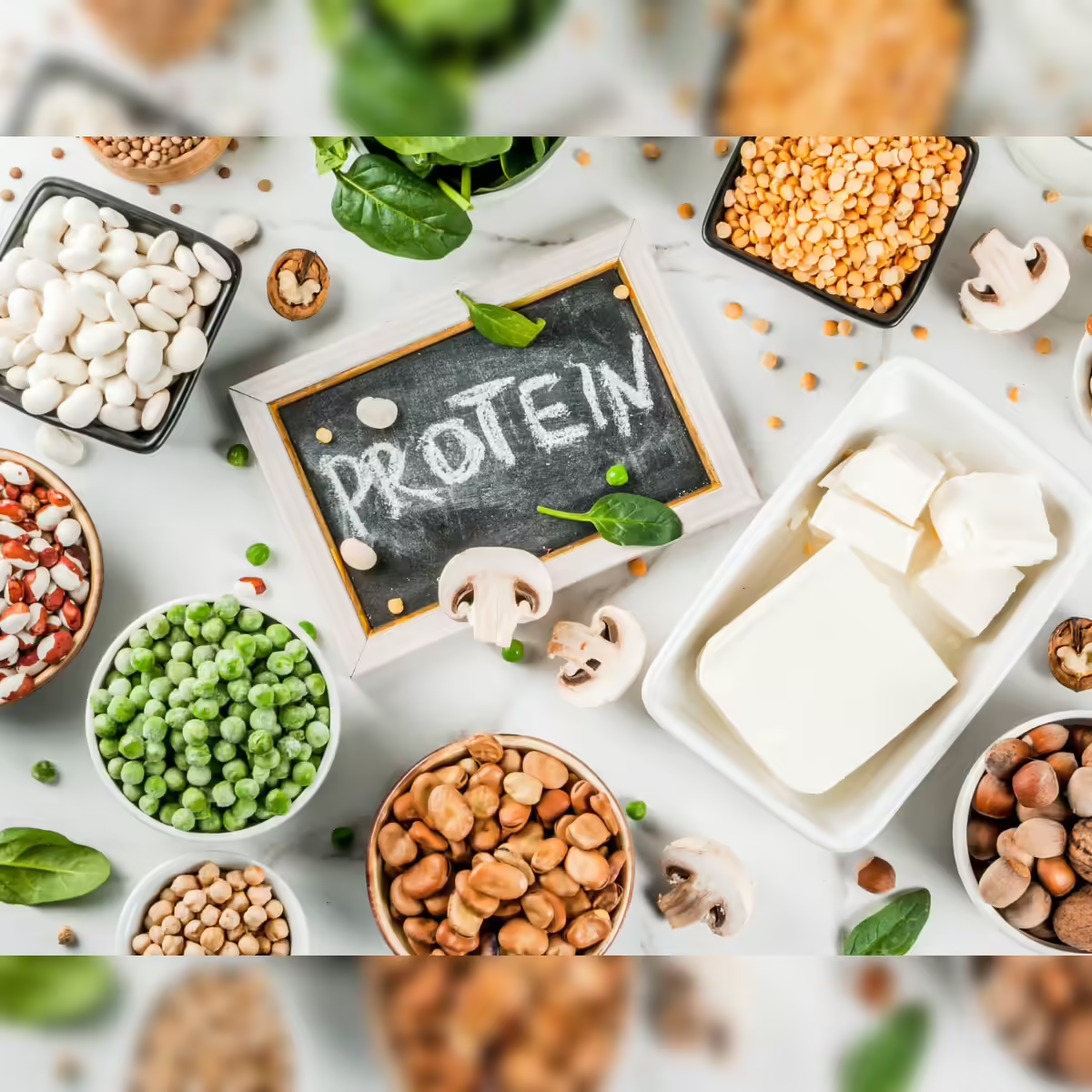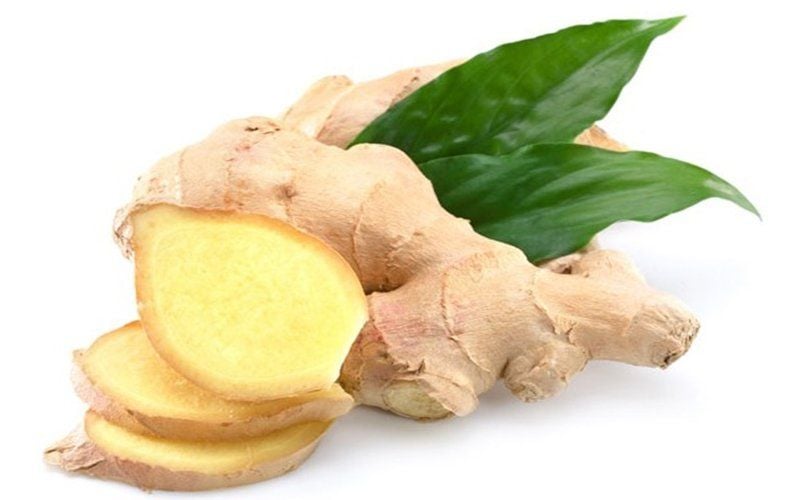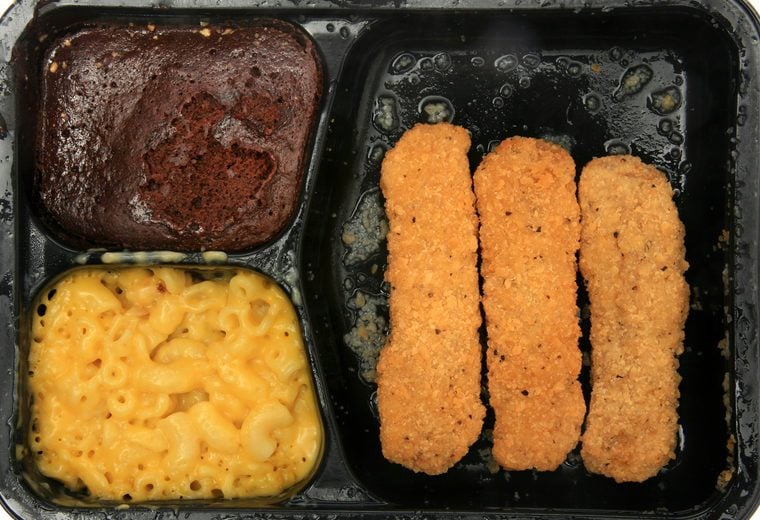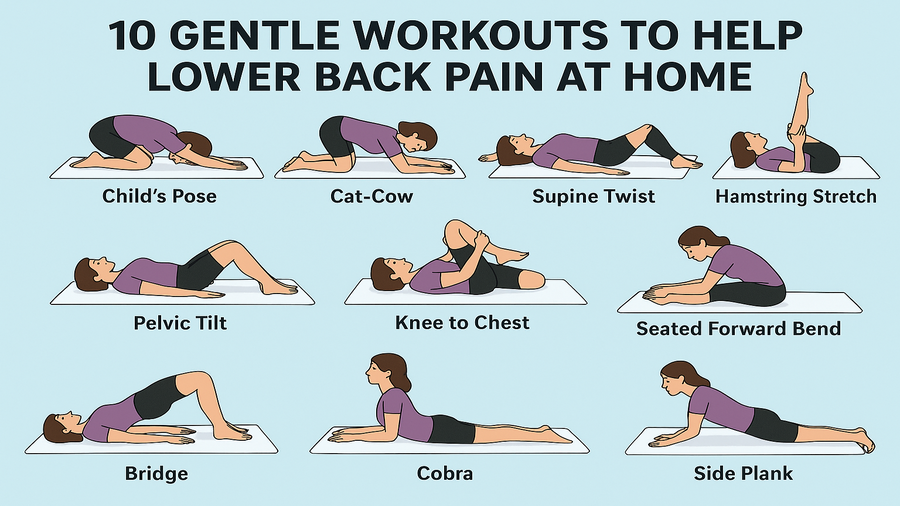Lifestyle
How to remedy the five typical foods that may prevent your body from absorbing vitamin D


By Kajal Sharma - 21 Oct 2025 08:17 PM
Immune system performance, bone health, and general well-being all depend on getting adequate vitamin D. While sunshine exposure and supplements might assist, many everyday meals may actually interfere with your body’s absorption of this vital mineral. Understanding these relationships can make a substantial difference in maintaining optimal vitamin D levels. Even a diet high in vitamin D or appropriate supplementation may not be as beneficial if we eat foods that prevent the absorption of the nutrient. Many people are unaware that their intake of vitamin D isn't being properly utilized by their body because of factors like fat content, specific minerals, or compounds in certain meals that can lower its bioavailability.To find out which five frequent foods might hinder the absorption of vitamin D and the mechanism underlying their effects, we consulted with an expert.According to Ashlesha Joshi, a nutritionist and fitness dietitian at Tone 30 Pilates, "some foods can affect how efficiently the body absorbs or uses vitamin D," as reported by indianexpress.com.
The most prominent of these are foods that include phytates, like whole grains and legumes, which can bind to minerals and vitamin D and hinder absorption. Caffeine from tea or coffee in excess can also cause problems by lowering the expression of vitamin D receptors in the intestines. Regular alcohol consumption damages liver function, which is necessary for the conversion of vitamin D into its active form. Trans fats and hydrogenated oils included in processed foods might hinder the absorption of fat-soluble vitamins, such as vitamin D. Finally, because vitamin D is fat-soluble and needs dietary lipids for effective uptake, particularly high-fibre diets, while generally healthy, might occasionally limit absorption efficiency.According to Joshi, "since vitamin D is fat-soluble, combining it with good fats can greatly enhance absorption." For example, eating foods high in vitamin D, such as salmon, eggs, or fortified cereals, together with foods high in healthy fats, like avocado, olive oil, or almonds, can improve absorption. Consuming foods high in vitamin K2, such as fermented soy or cheese, also aids in calcium metabolism and complements vitamin D. She adds that timing is also important, saying that consuming vitamin D-fortified meals or pills after your main meal of the day, when fat intake is highest, helps maximize absorption. Regular exposure to the sun, even for a short while each day, naturally raises vitamin D levels even more.
























